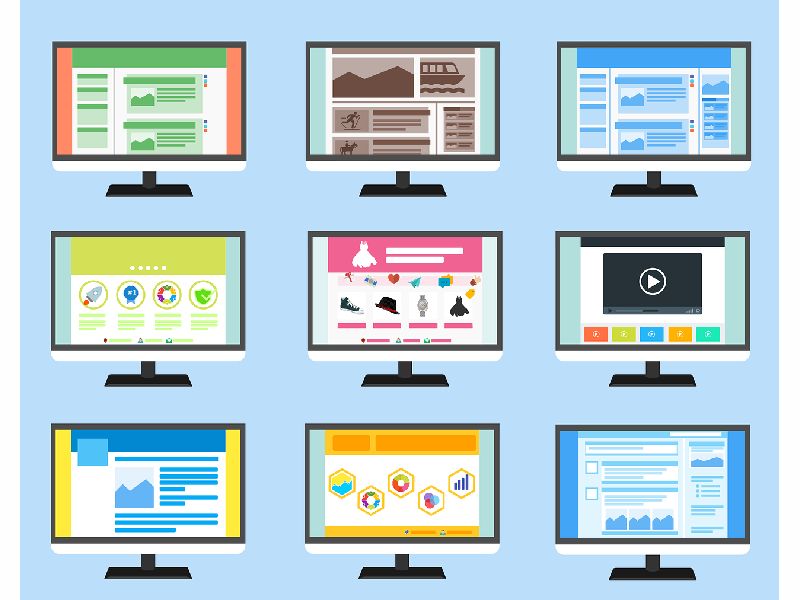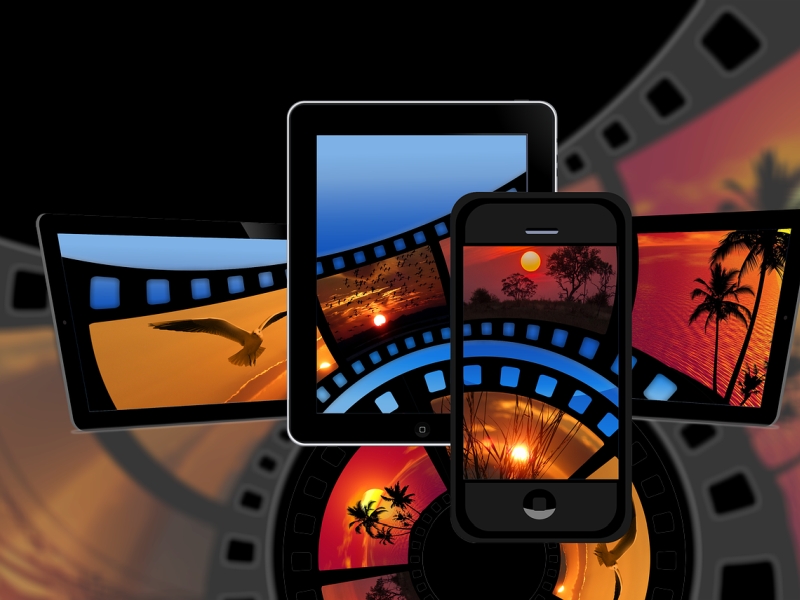The dawn of 5G technology marks a revolutionary era in mobile app development. As we stand on the cusp of this technological leap, it’s worth exploring how 5G will transform the way we develop, use, and perceive mobile applications.
The Genesis of 5G (Early 2010s)
The concept of 5G began to take shape in the early 2010s. While 4G was still being rolled out globally, visionary tech leaders foresaw the need for a faster, more reliable network. The initial discussions around 5G were filled with ambitious predictions about its capabilities.
In 2013, Samsung Electronics made headlines by conducting the first successful 5G test. It wasn’t just a technical achievement; it was a statement to the world about the future of connectivity. This event sparked a global race among tech giants and nations to lead the 5G revolution.
5G and Mobile App Development (Late 2010s)
The latter half of the 2010s witnessed the direct impact of 5G on mobile app development. With its promise of lightning-fast speeds and low latency, 5G opened new horizons for app developers.
A key figure in this phase was Cristiano Amon, President of Qualcomm. His relentless advocacy for 5G’s potential in transforming mobile experiences placed him at the forefront of this technological shift. Qualcomm’s advancements in 5G chips were pivotal in making 5G accessible to smartphone manufacturers.
Rumors in tech circles narrated how intense the competition became, with companies like Huawei, Ericsson, and Nokia racing to develop 5G infrastructure. The battle for 5G dominance was not just about technology; it was about shaping the future of digital communication.
5G’s Impact on App Functionality and User Experience (2020 and Beyond)
With the advent of 2020, 5G began to materialize into more than just an idea. Its implementation worldwide significantly influenced the functionality and user experience of mobile apps.
One of the most notable changes was in the realm of streaming services. Companies like Netflix and Disney+ started offering higher-quality streaming options, made possible by 5G’s bandwidth capabilities. This shift wasn’t just a technical upgrade; it changed user expectations for mobile entertainment.
Another area transformed by 5G is augmented and virtual reality (AR/VR). The reduced latency and increased speed of 5G have allowed for more immersive and interactive AR/VR experiences on mobile devices. This evolution is not just enhancing gaming apps but also opening new avenues in education and healthcare.
Conclusion
The impact of 5G on mobile app development is an ongoing narrative, rich with innovation and competition. As this technology continues to evolve, it promises to unlock new potentials and redefine our interaction with mobile devices. From the ambitious beginnings to the current state and into the future, 5G stands as a testament to human progress and technological aspiration.











